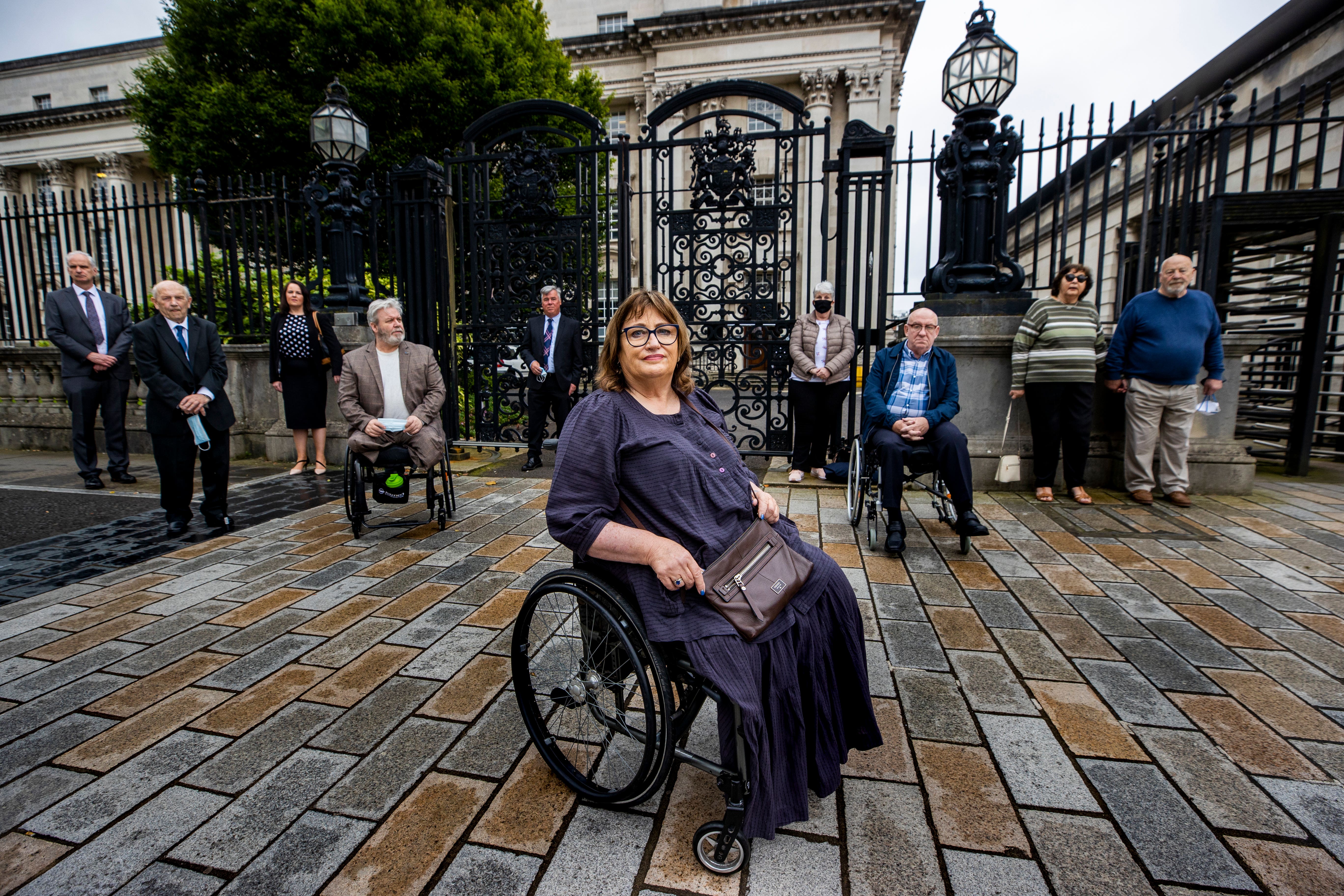£55 million paid out in Troubles victims payment scheme
But concerns were raised around how long it is taking for some applications to be processed.

Some £55 million has been paid out so far in the Troubles victims payment scheme.
The scheme, which offers financial support for people who suffered physical injury or psychological trauma during the conflict, is set to close to new applicants in two years’ time.
Concerns were raised at the Northern Ireland Assembly over the length of time it is taking to process applications, with Alliance MLA Kate Nicholl raising that one of her constituents has been waiting over 1,000 days and is losing hope.
Speaking during questions to the Executive Office, deputy First Minister Emma Little-Pengelly said that more than £55 million had been paid out by September 2 by the Victims Payments board to eligible applicants since the scheme opened in August 2021.
“The payments recognise the suffering of those now living with permanent injuries,” she said.
“We understand that there are concerns about the length of time it can take to process an application. Each application is unique with its own complexities, including the historic nature of much of the evidence required to support the applications.
“The board is working closely with the victims groups to keep the scheme under review and look at ways of improving the treatment of cases. We are assured that the board is doing what it can at the moment to minimise delays in the determination process and we welcome the ongoing efforts to increase the pace at which applications are being processed.
“This is evidenced by the significant year-on-year increase in the amount paid to victims, and that trend continuing into the current year.”
Ms Nicholl said one of her constituents in South Belfast has been waiting for more than 1,000 days for a decision on their application.
“Every time I write about this, I am told that improvements have been made but quite frankly he is losing hope,” she said.
“Can I ask what specific improvements have been made in the last six months and what hope will there be for these people who are waiting going forward that improvements will be made.”
Ms Little-Pengelly responded: “My heart absolutely goes out to those that are waiting for this much needed support.
“There was a huge fight to secure this scheme to get the redress to be put in place to support those who are living day in and day out with the injuries from the past. We want this scheme to work but there are a lot of complexities with many of these cases.”
She said the Executive Office has been working with public records, the health department and the PSNI around the scheme, and have conducted a business consultancy service review of operational effectiveness and performance.
“We are continuously looking to see how we can speed that up,” she said.
“It is far from perfect. It is frustrating but we are doing what we can to try and speed things up.”
Bookmark popover
Removed from bookmarks